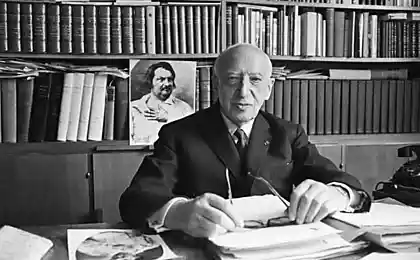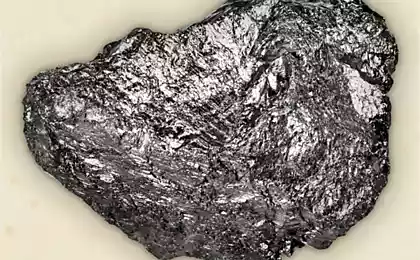230
Why in old age many people have a habit of not throwing away food
As you probably know, storage - important and useful. Not only does it save the family budget, but we also take care of those around us without throwing such necessary products into the bin.
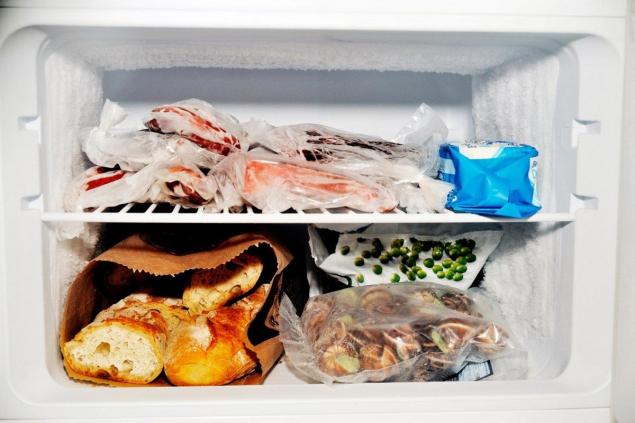
Our time can be called abundance to some extent. Fresh, tasty food, natural vegetables, meat and dairy products - all this can be purchased at the nearest store. And now let’s remember the older generation, which even stale bread does not throw away. Food should not be thrown away, it should be consumed all or given to animals. But throwing it away is sacrilege.
So, what household habits will help you save food?
Stop overdoing
Remains of breakfast, lunch or dinner are in most cases sent to the bin. That's not to mention surplus bread or perishable side dishes. Try to plan the amount of food you need to cook for the day. Alternatively, you can use food containers and make smaller portions. Keep everything else in the fridge.
If the shelf life of the product is a couple of days - do not buy it with a stock of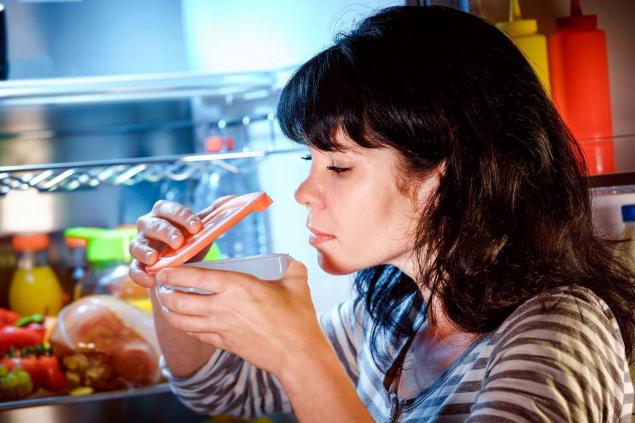
This mainly concerns milk and bread. In supermarkets, there are often shares on these expired products. People buy and then throw away stale or moldy bread and spoiled milk. The same goes for discounted bananas with black spots. They can go bad even a few hours after purchase.
Regularly do an audit in the refrigerator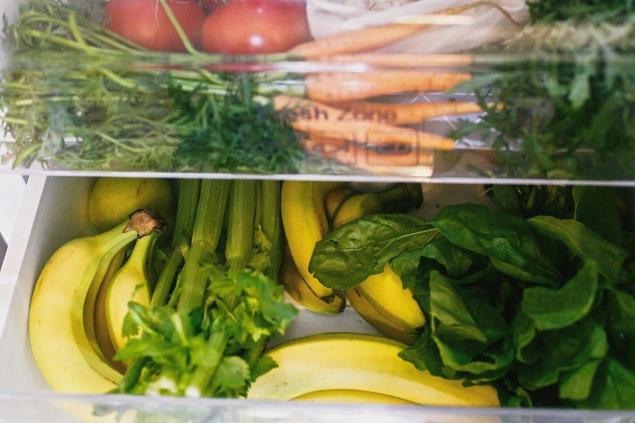
Look in the refrigerator not only to have something to eat, but also to see what products you already need to use in cooking. For example, dried cheese can still be grated for a cheese cap in a hot dish. But in a couple of days it will have to be thrown out. A slightly blackened lemon can be saved if you cut off the excess. But without revision, the whole fruit will be lost.
Comply with storage conditions
The top shelf of the refrigerator is for milk. The bottom is for meat products. In the middle, it is better to arrange ready-made dishes that will spoil at home temperature. Some fruits and vegetables are best stored outside the refrigerator. But some recommend keeping bread in the freezer if there is excess.
Don't forget to freeze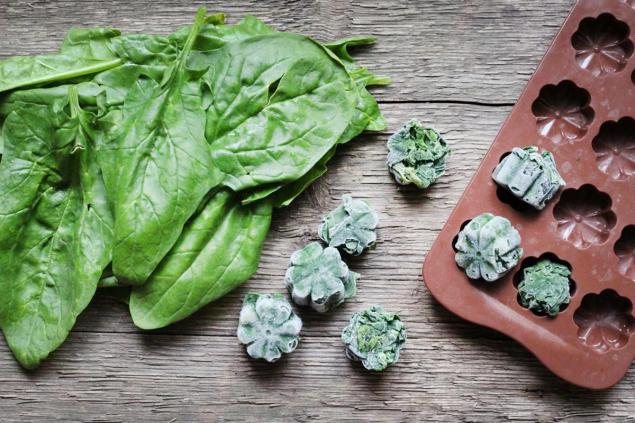
Tomato paste, beans, any greens, rice or pearl porridge for casseroles and meatballs. All of this and more is well stored in the freezer. Yes, greens and fruits lose a number of their properties, but as an additive to the dish will fit perfectly. For example, if there are excess lemons, do the following: peel sodium and pour into a separate container. Squeeze the juice and pour it into ice molds. All this is perfectly stored in the refrigerator and suitable for a variety of dishes. Food storage is an important thing.
Control portions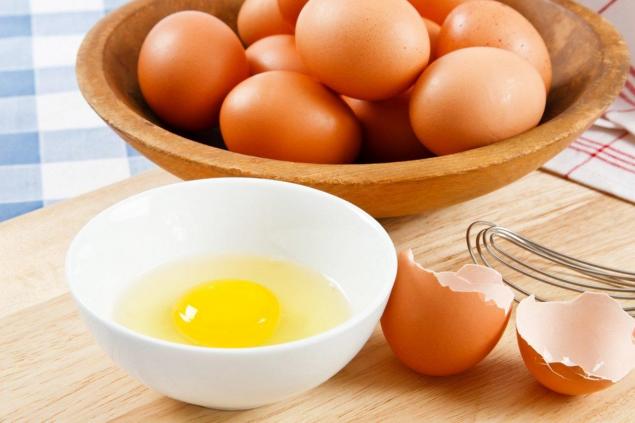
Try not to form a portion of food when you are hungry. At first it seems that you can eat an entire elephant, but practice shows that this is not the case. The rest will go to the trash can. It will be a shame for lost work and products. Just remember that in the vast majority of cases, a person, even hungry, will eat as much as usual and stay full. That's how our body works.
Participate in charity
We won’t be surprised if there are already food sharing points in your city. This is the practice of sharing surplus food with the poor. If you see that some products you still have a lot in stock, and their expiration date is already coming to an end, do not be greedy, share them with your neighbor. That way you can help people and get rid of your own nerves.
A recipe for a delicious dish from “what’s left” The ingredients
Preparation
This is how you learn to save food without much effort. We just need to somehow try to stick to our cooking habits and sometimes show imagination. As a result, you will see that much less money will be spent on food, and knowing that nothing necessary goes to the garbage can is also pleasant and useful.

Our time can be called abundance to some extent. Fresh, tasty food, natural vegetables, meat and dairy products - all this can be purchased at the nearest store. And now let’s remember the older generation, which even stale bread does not throw away. Food should not be thrown away, it should be consumed all or given to animals. But throwing it away is sacrilege.
So, what household habits will help you save food?
Stop overdoing

Remains of breakfast, lunch or dinner are in most cases sent to the bin. That's not to mention surplus bread or perishable side dishes. Try to plan the amount of food you need to cook for the day. Alternatively, you can use food containers and make smaller portions. Keep everything else in the fridge.
If the shelf life of the product is a couple of days - do not buy it with a stock of

This mainly concerns milk and bread. In supermarkets, there are often shares on these expired products. People buy and then throw away stale or moldy bread and spoiled milk. The same goes for discounted bananas with black spots. They can go bad even a few hours after purchase.
Regularly do an audit in the refrigerator

Look in the refrigerator not only to have something to eat, but also to see what products you already need to use in cooking. For example, dried cheese can still be grated for a cheese cap in a hot dish. But in a couple of days it will have to be thrown out. A slightly blackened lemon can be saved if you cut off the excess. But without revision, the whole fruit will be lost.
Comply with storage conditions

The top shelf of the refrigerator is for milk. The bottom is for meat products. In the middle, it is better to arrange ready-made dishes that will spoil at home temperature. Some fruits and vegetables are best stored outside the refrigerator. But some recommend keeping bread in the freezer if there is excess.
Don't forget to freeze

Tomato paste, beans, any greens, rice or pearl porridge for casseroles and meatballs. All of this and more is well stored in the freezer. Yes, greens and fruits lose a number of their properties, but as an additive to the dish will fit perfectly. For example, if there are excess lemons, do the following: peel sodium and pour into a separate container. Squeeze the juice and pour it into ice molds. All this is perfectly stored in the refrigerator and suitable for a variety of dishes. Food storage is an important thing.
Control portions

Try not to form a portion of food when you are hungry. At first it seems that you can eat an entire elephant, but practice shows that this is not the case. The rest will go to the trash can. It will be a shame for lost work and products. Just remember that in the vast majority of cases, a person, even hungry, will eat as much as usual and stay full. That's how our body works.
Participate in charity

We won’t be surprised if there are already food sharing points in your city. This is the practice of sharing surplus food with the poor. If you see that some products you still have a lot in stock, and their expiration date is already coming to an end, do not be greedy, share them with your neighbor. That way you can help people and get rid of your own nerves.
A recipe for a delicious dish from “what’s left” The ingredients
- puree
- salt, pepper
- flour
- egg
- bow
- sour cream
- water
- cheese
- supper
Preparation
- This is a recipe when you need to do something with the remaining products, so that they are not disposed of. In this case, the ingredients are written above, but you are free to experiment.
- Mix the potatoes with egg, salt, pepper and flour. Form the potatoes and roast in the pan. Separate the meat from the pits (we took leftovers from dinner with a rabbit). Roast a finely cut bulb and add meat, a little flour, sour cream and water. At the end, sprinkle the cheese and cover it. Cheese, by the way, will do even withered. The dish is ready and should be served hot.
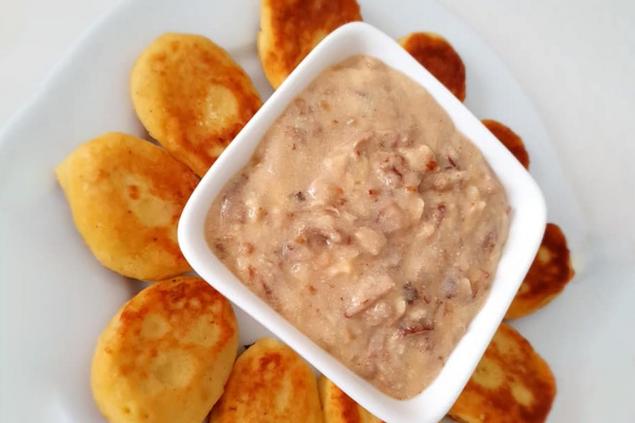
This is how you learn to save food without much effort. We just need to somehow try to stick to our cooking habits and sometimes show imagination. As a result, you will see that much less money will be spent on food, and knowing that nothing necessary goes to the garbage can is also pleasant and useful.
The recipe of a friendly cook who often goes for mushrooms and immediately bakes a cake
The logical task is to return to the school desk for a moment.




